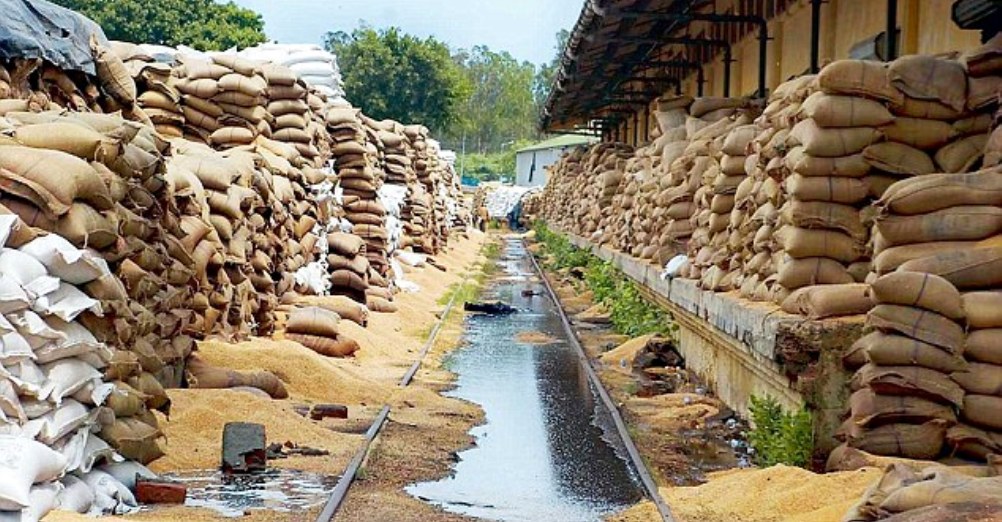The Indian Government has notified three new laws for the farming sector that were passed by the Indian Parliament with an overwhelming majority. These are the Farmers Produce Trade and Commerce Act 2020 (FPTC Act), the Agreement on Price Assurance & Farm Services (APAFS Act) and Essential Commodities Amendment Act (ECA Act). The FPTC Act and APAFS Act, constitute the core of the Farm Reforms 2020 and the ECA Act incorporates predictability in government action to invoke ECA based on a price trigger rather than mere perception or whim.
The FPTC Act gives farmers the freedom to sell and buy farm produce at any place in the country. The path-breaking nature of this reform can only be understood by understanding how dysfunctional the Agricultural Produce Market Commodity Act (APMC Act) had become.
Under the APMC Act notified commodities produced in an area under the jurisdiction of an APMC Mandi (regulated wholesale market place) could only be sold to them. Traders and buyers at this Mandi had to be licensed by the state government. No direct sale from the farmer to the buyer was allowed, as the Mandi cess had to be paid even if the facility was not used. There were multiple levies on sale and purchase transactions, and charges for middlemen (transaction facilitators) statutorily fixed and not capped. The scale of the abuse of the APMC Act can only begin to be understood from the identity of the buyer in the transaction of wheat and paddy produced in Punjab and Haryana – The Food Corporation of India (FCI).
FCI a Central Government Undertaking was therefore required to underwrite not only the Minimum Statutory Price (MSP) of the product but also all the multiple transactional fees of the Mandi and the commission agents associated with it. No wonder that in one fell sweep with the FPTC Act 2020, the government has literally swept the carpet from underneath the feet of profiteers who want the APMC Act to continue while the godowns of FCI are filled with Wheat and Paddy mostly of poor quality which cannot be sold in the open market simply because of quality and poor price competitiveness.
There is also a question doing the rounds about why some countries have taken it upon themselves to obliquely criticise the Indian Law by adopting a veneer of human rights. Though India is a powerhouse in agriculture, Indian foodgrains are substantially more expensive by at least 15% in the international market. Understandable if one considers the long list of intermediaries, small market lots and high transaction cost because of the need to support an army of rent-seekers and profiteers. The Indian reforms have signalled to the market India’s intent to enter the Agri foodstuff market, by enabling private sector players a level playing field that benefits the country and all its citizens as a whole. No wonder that some countries perceive this to be a threat to existing market positions.
The APAFS Act guarantees the MSP on the produce
The job of the government is to foster a regulatory framework that can facilitate a suitable market and business environment that benefits both the farmer and the consumer. The APAFS Act guarantees the MSP on the produce. Thereafter it is illogical to expect the government to subsidise the lifestyle of rentiers and profiteers and carry stock of rotting food grains in FCI godowns that it cannot sell. Due to the imbalance between domestic demand and supply, India is accumulating a large supply of commodities while at the same time, importing huge quantities of other products such as edible oil. The Farm reforms have the objective to balance agricultural production and catapult India from the agricultural production powerhouse that she already is, to also becoming a player in the agricultural market. To achieve this, the guaranteed purchase of food grains by FCI must stop. Citizens are not interested in their taxes being spent on this wasteful expenditure any longer.
Image courtesy : ForumIAS

















exceptional